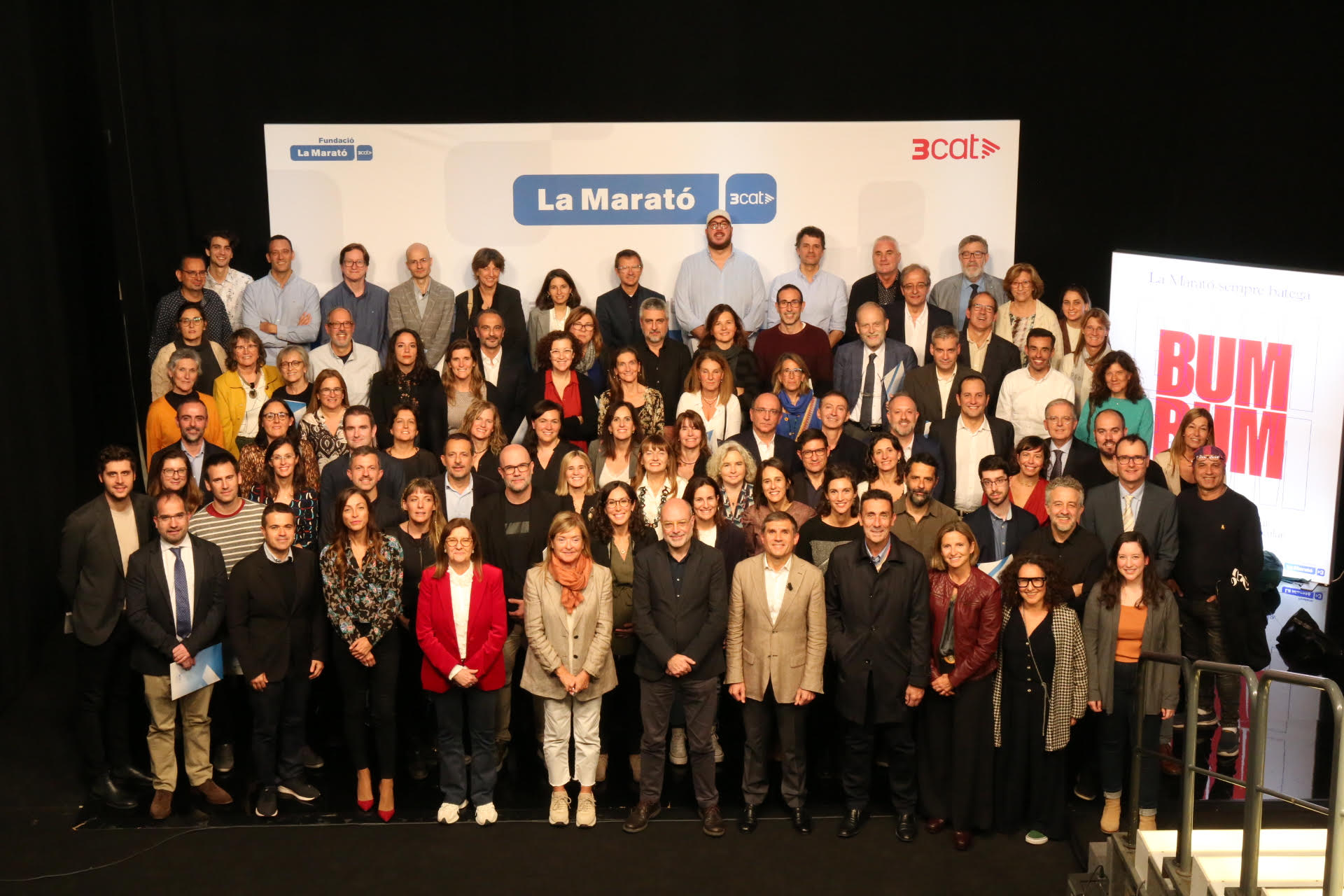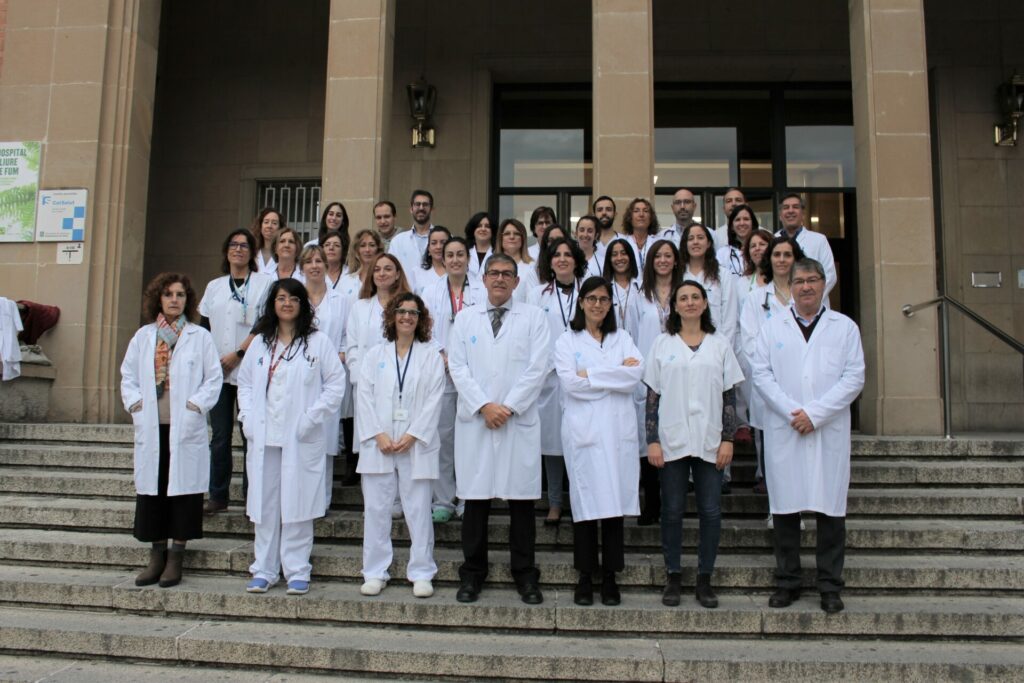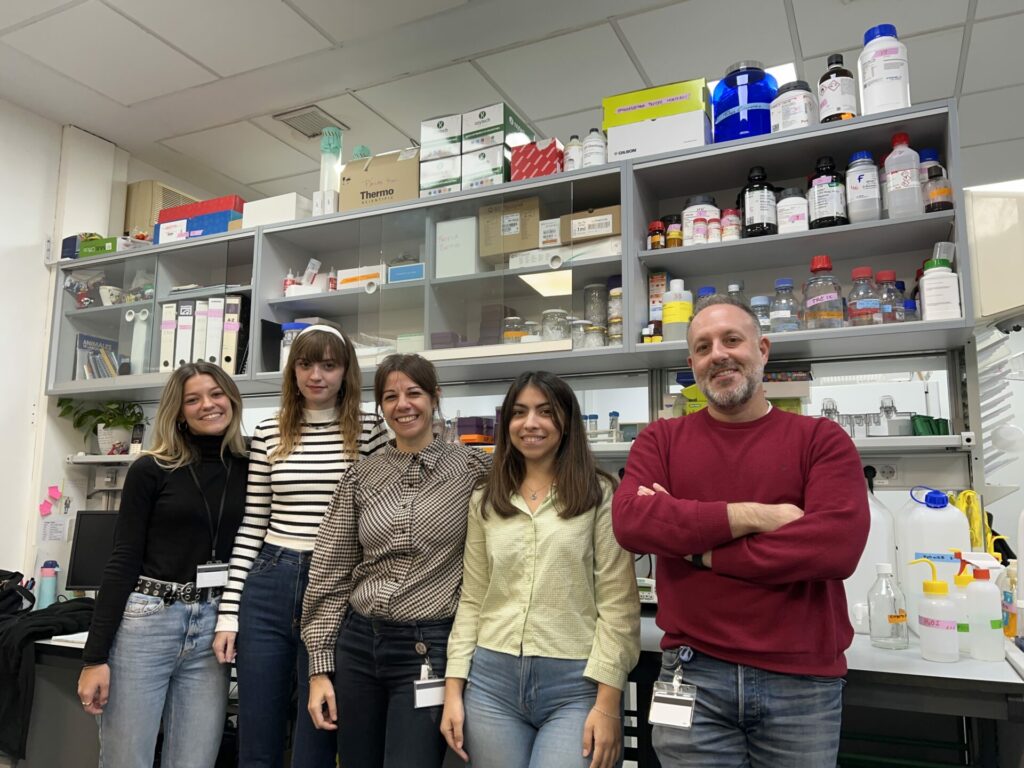
The Girona Biomedical Research Institute (IDIBGI) is leading a research project to study the link between Obstructive Sleep Apnoa and cardiovascular diseases. This project, funded by La Marató de TV3, will be carried out in collaboration with the Margarita Salas Biological Research Centre of the Spanish National Research Council (CSIC).
Obstructive Sleep Apnea (OSA) is a sleep disorder that affects six million people in Spain, but only 10% are diagnosed and treated. "A worrying aspect of OSA is its close relationship with cardiovascular diseases," says Dra. Olga Tura, consolidated researcher of the Respiratory research group at IDIBGI and leader of this Project.
In fact, the risk of developing cardiovascular disease is 50% higher for people with the disorder compared to those without it. Therefore, the correct diagnosis and treatment of OSA becomes a public health issue.
OSA causes repeated pauses in breathing, called apnoeas, for more than 10 seconds during sleep. During apnoea, air cannot flow normally into the lungs and causes a drop in oxygen levels, causing the person to wake up from sleep. If these episodes are repeated over time, they cause significant cellular damage and increased tissue inflammation.
3D models of blood vessels
The project will study how continuous sleep apnoea affects endothelial tissue, which lines the inside of blood vessels. This tissue plays a key role in regulating blood circulation and controlling blood clots. Thus, it will be determined whether patients with OSA have damaged endothelial tissue, and also what type of damage they have, to assess whether this explains the high predisposition to develop cardiovascular disease.
For the first time, innovative blood vessel modelling techniques will be used, including the creation of miniature 3D structures from patients' own cells. The structures will be subjected to blood flow and low-oxygen conditions to reflect what happens in real life and to assess the efficacy of new treatments, evaluating whether they could be translated into clinical practice. For example, for the first time in Obstructive Sleep Apnea, the use of rejuvenating drugs or drugs that remove damaged or ageing endothelial cells will be studied.
These drugs will also be tested at the CSIC's Margarita Salas Biological Research Centre. The team led by Dr Eduardo Oliver will evaluate the effects of OSA in the mouse animal model and the ability of these new drugs to reverse or heal the damaged endothelium. "Thanks to our animal models, we will validate the ability of several novel therapies to prevent or reverse the damage that sleep apnoea causes to the pulmonary circulation and the heart, which will be a very important step forward in tackling this disease," explains Dr Oliver.
Genetic and molecular evaluation
The project will not be limited to the study of endothelial cells; it will also investigate the genetic and molecular implications in OSA patients. This analysis will provide detailed insight into cellular health and could open new avenues for the treatment and prevention of OSA-related cardiovascular diseases.
The study of Obstructive Sleep Apnea at IDIBGI and Trueta
The Respiratory research group of IDIBGI is linked to the Pneumology Service of the Hospital Trueta de Girona and Santa Caterina de Salt, and is led by Dr. Ramon Orriols, who is also the head of the same service.
One of the main lines of research of this group is the study of Obstructive Sleep Apnea, on which they also work in the European project INNOBICS-SAHS. In this case, research is looking at how to improve diagnosis of the disorder in the population as a whole in order to treat all people affected by OSA, the other major challenge of the disease.

